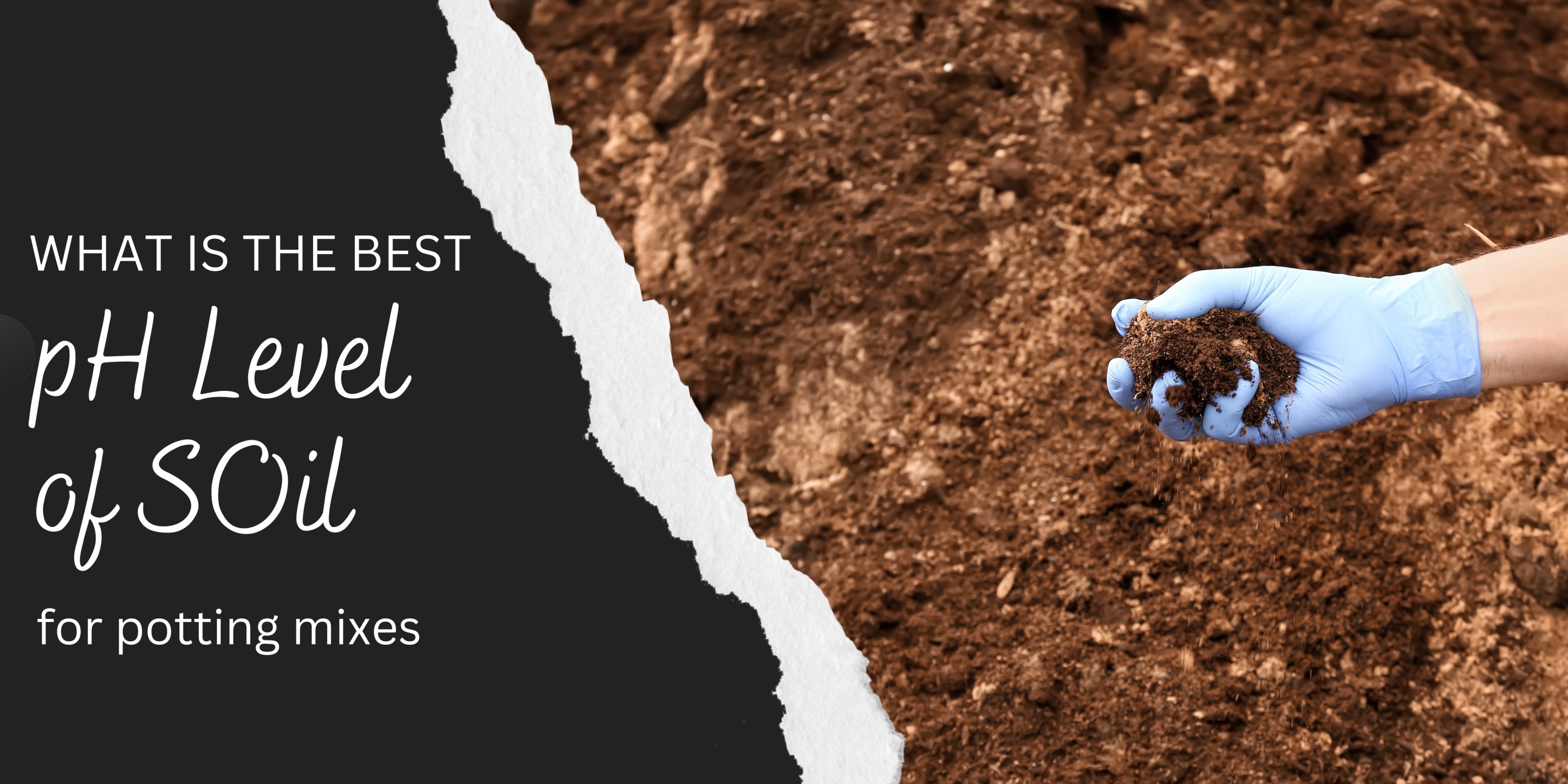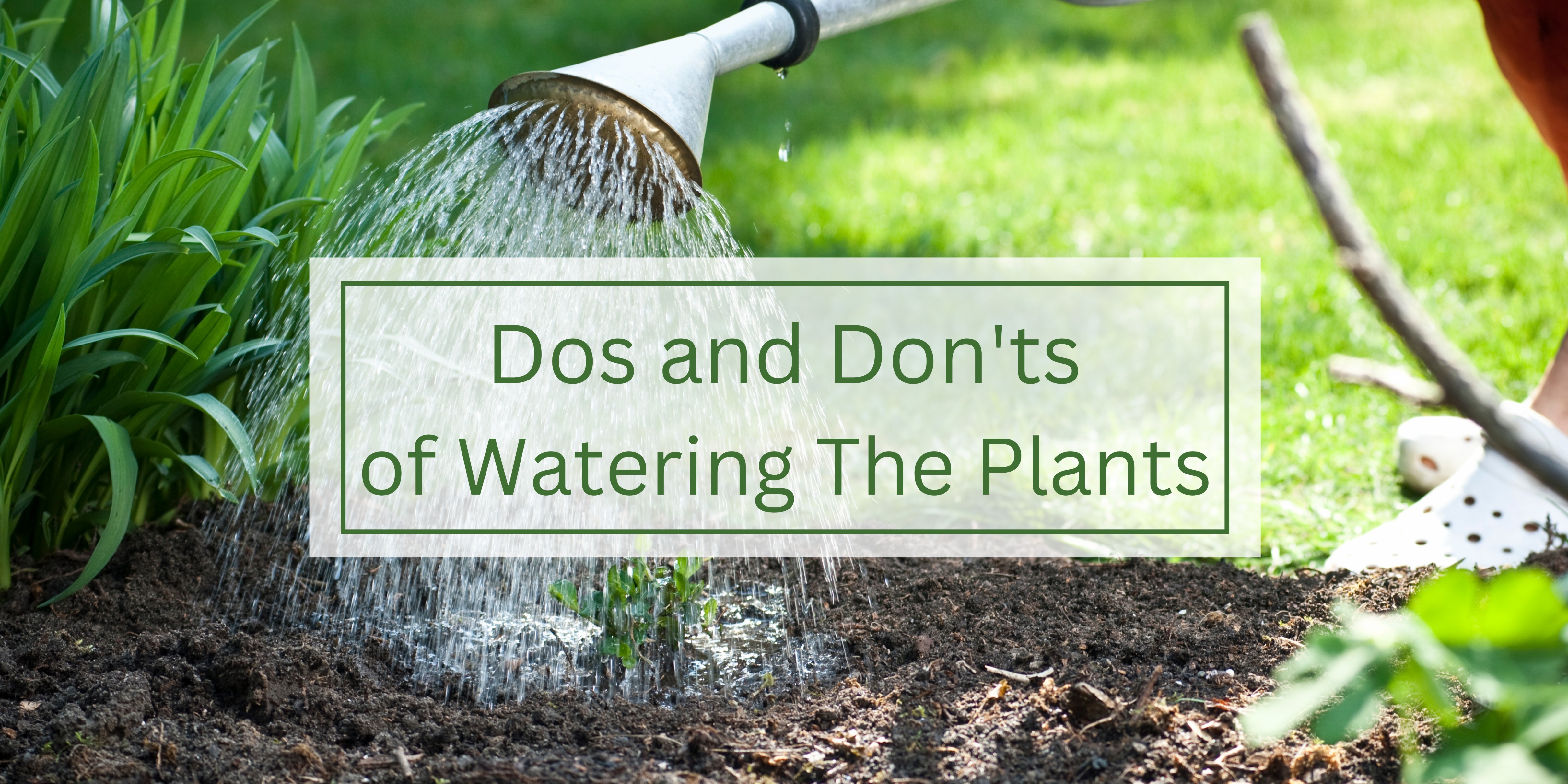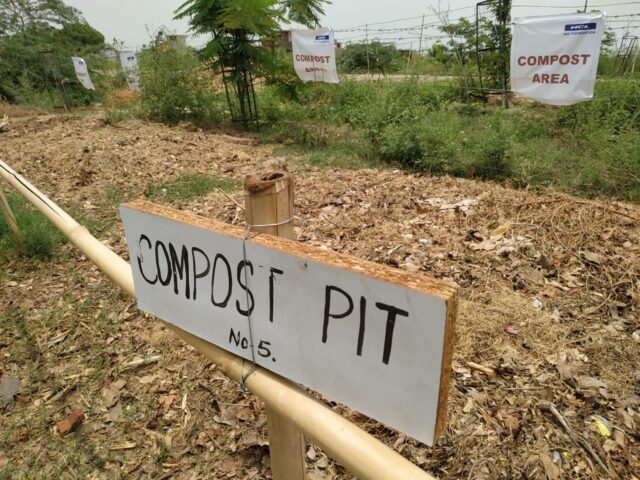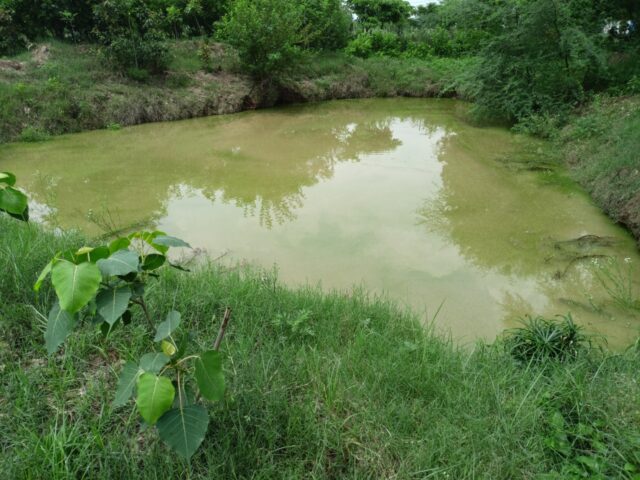
Soil stabilization or soil conditioning refers to the changing and improving structural properties of soil. It could be chemical or mechanical. Some of the factors are checked such as soil erosion, dust prevention, raised soil density, and durability. The significance of soil stabilization is that it increases the structural integrity of the construction on the soil and is an integral part of road construction. These days bio-enzymes are used at a higher pace for conditioning replacing the standardized methods that are sustainably adverse and emit greenhouse gases. Bio-enzymes are a combination of organic matter blended with larger particle sizes to let the soil open up. Conditioners are better than manure as Earthworms, Fungi and Bacteria break down the nutrients for better absorption and improve its overall structure and texture. It involves physical, chemical, and biological means.
For the soil lacking durability and stability, bio-enzymes are used for meeting the desirable outcomes. The improvisation in the soil quality is done by increasing the dry weight which would increase the volume, subsoil, and bearing capacity. However, standardized methods like Ground Freezing, Vacuum Consolidation, and Soil Nailing require large sums of money and funds. Considering the increasing population, the raw materials needed for stabilization are getting deficient. At present, by the use of innovation, Bitumen, Hydrated lime, and Portland cement are used for conditioning. For a longer period, these bio-enzymes prove to be crucial for plants' health and soil's overall structure. α-Amylase acts as a bio-enzyme it undergoes starch hydrolysis which is essential for the conversion of starch into oligosaccharides. This enzyme helps in the development of fermentation processes.
The bio-enzymes are introduced and absorbed by the clay. During this absorption process, the cation reduces the thickness of the diffuse double layer. Another method when bio-enzymes are introduced into the soil catalyze the reaction in which the neutralization of the negative charge occurs when a large organic molecule covers the surface area of smaller particles.
The significance of bio-enzymes is in various spectrums:
-
Easily available and pocket-friendly.
-
Decreases carbon emissions and pollution.
-
There is no contamination, unlike the standardized methods.
-
It ensures the stability of the soil and improvisation in horticultural applications.
Nature has always come to rescue the diversity of our mother Earth. Standardized stabilization or conditioning causes adverse effects on the soil texture and its structure. The chemical methods used help in improving the outlook of the soil and it poses no threat to the ecology of the soil. It is non-toxic as it is derived from nature via organic matter. In every household, the practice to make the soil fertile can be conducted which would help in sustaining an eco-friendly environment.
Liked It? Pin It!

.png)

















































